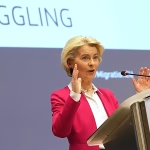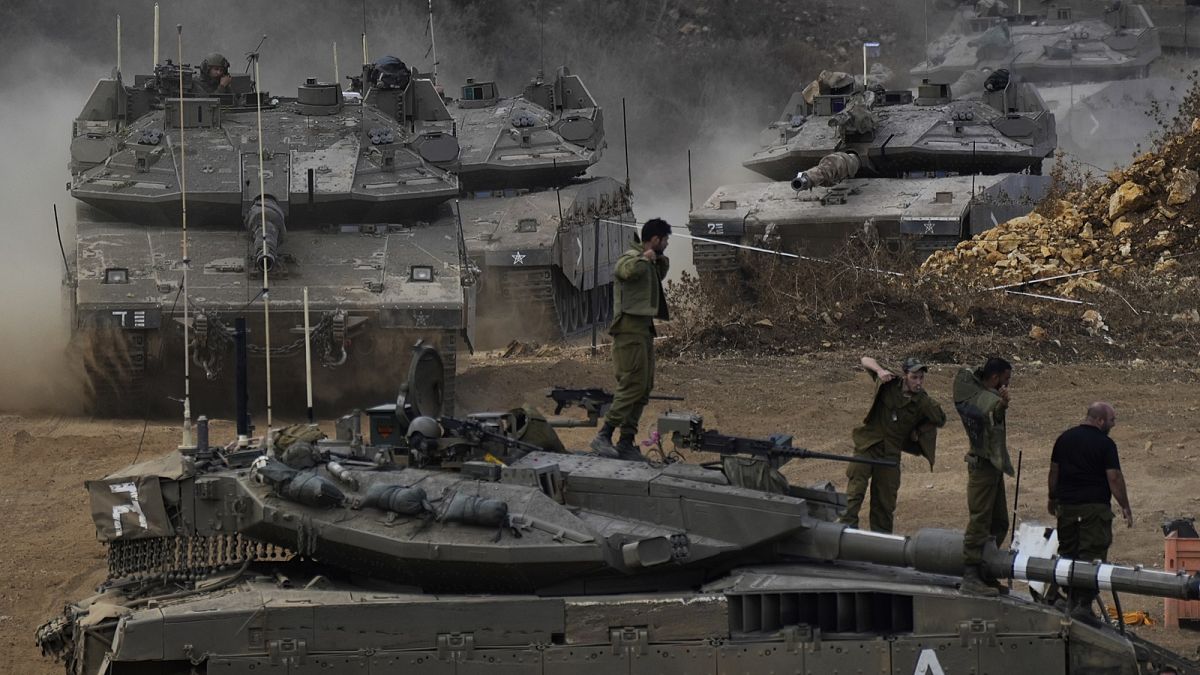The European Union is concerned about escalating tensions in the Middle East, particularly between Israel and Hezbollah. The Czech Republic, along with Hungary and Austria, blocked a joint EU statement calling for an immediate ceasefire and condemning civilian casualties in Lebanon. They proposed modifications to acknowledge Hezbollah’s withdrawal from the Israeli border and respect Israel’s right to defend itself. However, the lack of unanimity among member states led EU foreign policy chief Josep Borrell to release a statement on his own, urging for diplomacy and the silencing of arms.
Borrell highlighted the civilian casualties, infrastructure destruction, and displacement of people in both Israel and Lebanon, emphasizing the need to uphold International Humanitarian Law. The EU’s attempt to release a unified response was hindered by internal discord, reflecting deep-rooted disagreements within the bloc on addressing Israel. The situation escalated as Israel launched its first territorial campaign into Lebanon since 2006 in response to Hezbollah’s cross-border attacks in support of Hamas.
Despite shared concerns about a full-scale war in the region, member states struggle to find a common approach to addressing the crisis. The Czech Republic’s rejection of the joint statement underscores the challenges of reaching consensus on how to deal with Israel’s actions in the conflict. Borrell’s statement calls for an immediate ceasefire and the implementation of a UN resolution from 2006, stressing the importance of guaranteeing the sovereignty of both Israel and Lebanon to prevent further military intervention and aggravation of the situation.
Following the blocking of the joint EU statement, Iran launched a missile attack on Israel, further complicating the already volatile situation in the Middle East. The EU’s efforts to mediate and urge for a ceasefire face obstacles as member states differ on their stance towards Israel and Hezbollah. The ongoing discord within the bloc highlights the complexities of navigating the political dynamics in the region and finding a unified response to the escalating tensions.
The EU’s foreign policy chief, Josep Borrell, emphasizes the need for diplomacy and the cessation of military actions to prevent further escalation of the conflict in the Middle East. The EU’s attempts to address the crisis are hindered by internal disagreements among member states, particularly regarding Israel’s actions and the role of Hezbollah in the conflict. The blockage of the joint statement by the Czech Republic underscores the challenges of finding a common approach to the situation and the complexities of navigating the political landscape in the region.
The conflict between Israel and Hezbollah poses a significant challenge to the EU’s efforts to broker a ceasefire and address the humanitarian impact of the crisis. The diverging views within the bloc on how to handle the situation highlight the need for a coordinated and unified response to prevent further escalation and civilian casualties in the region. The EU’s role in mediating the conflict is crucial, but internal discord among member states continues to complicate efforts to find a peaceful resolution to the escalating tensions in the Middle East.









